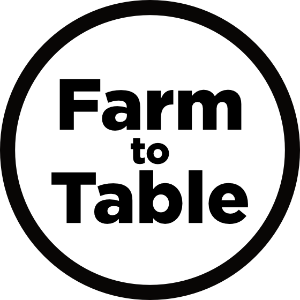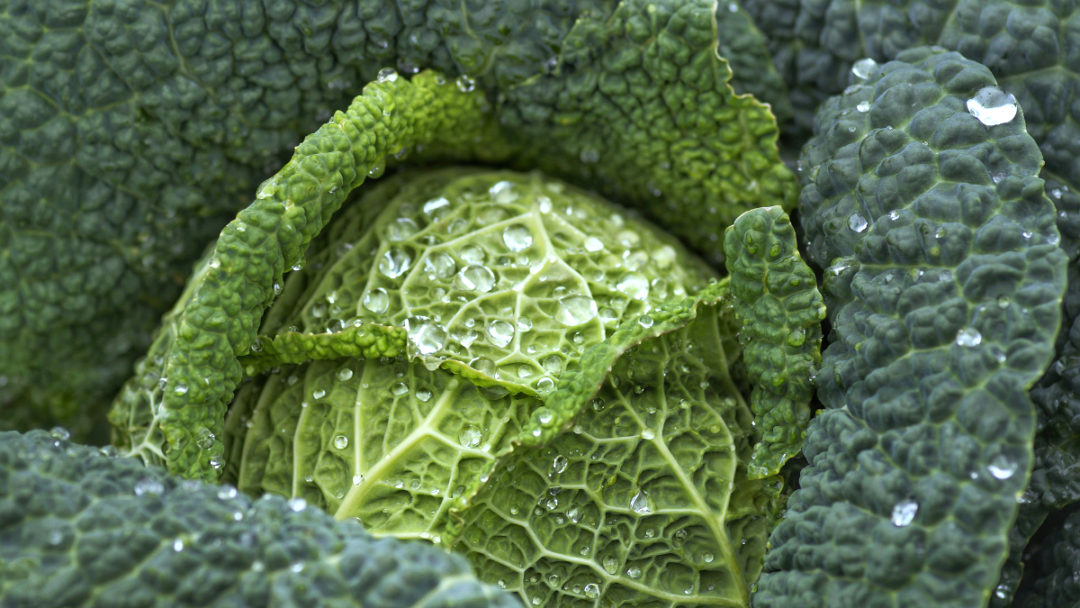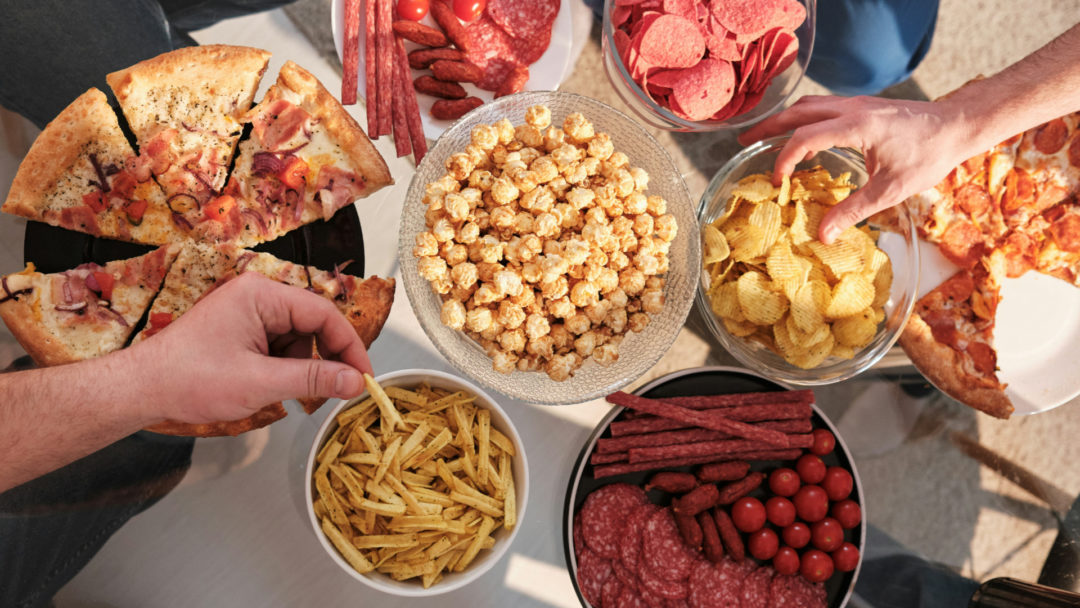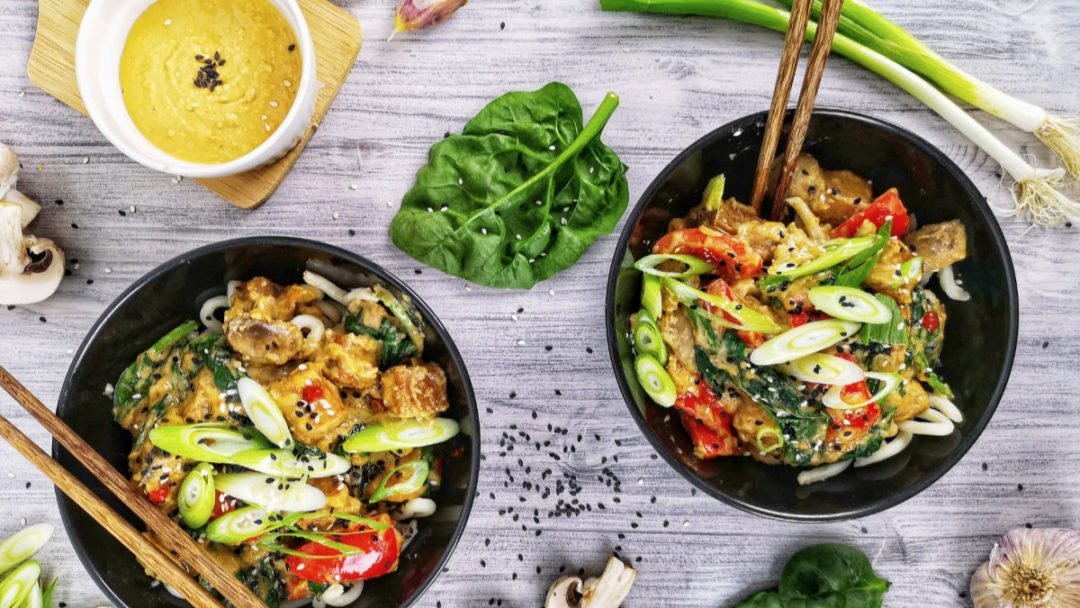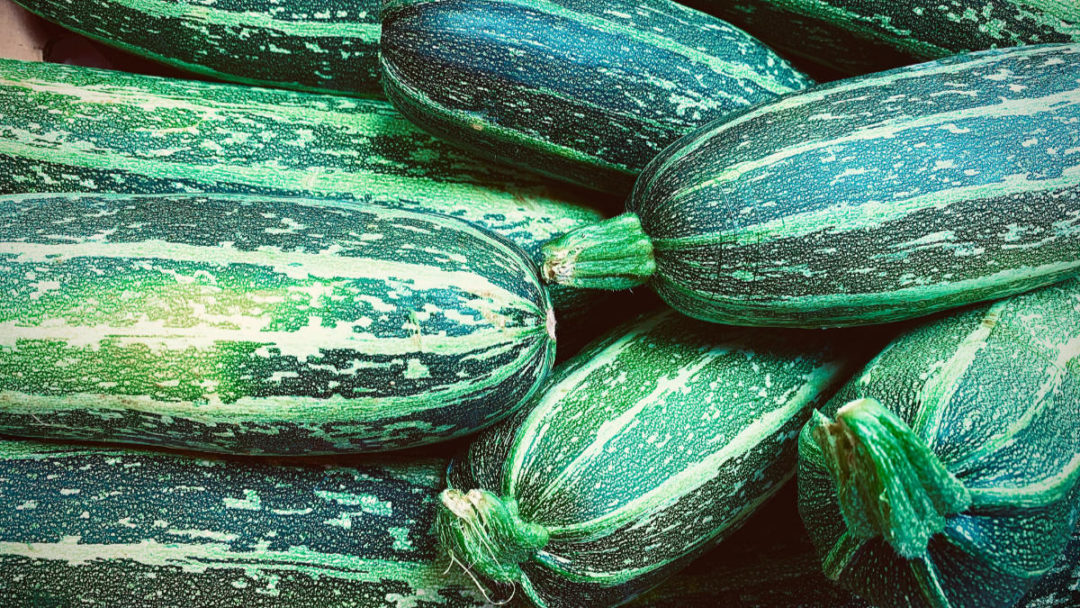Shopping with Thoughtfulness
The journey to a zero waste kitchen begins in the store. Focus on buying food without unnecessary packaging. Use your own cloth bags and pouches for fruits, vegetables, bread, and bulk foods. Try shopping at zero waste stores where you can weigh goods into your own containers. Choose local and seasonal products to support the local economy and reduce the carbon footprint associated with transportation.
When shopping, consider whether you really need every ingredient. Plan ahead and buy only what you can actually consume. Don’t be tempted by discounts on larger packages if you know you won’t be able to use the food in time. Remember that even a seemingly advantageous purchase turns into waste and wasted money if you end up throwing the food away.
Food Storage
Proper food storage is key to minimizing waste. Use airtight glass containers to store leftovers, fruits, vegetables, and opened food packages. Glass is a healthier alternative to plastics and is easy to keep clean. For storing herbs or greens, canning jars are great as they keep them fresh longer.
Do not store fruits and vegetables together in one bowl. Some types produce ethylene, which accelerates ripening and can lead to premature rotting. Therefore, store apples, pears, peaches, or tomatoes separately. Potatoes, onions, and garlic should be kept in a cool, dark, and dry place, ideally in a breathable bag or crate.
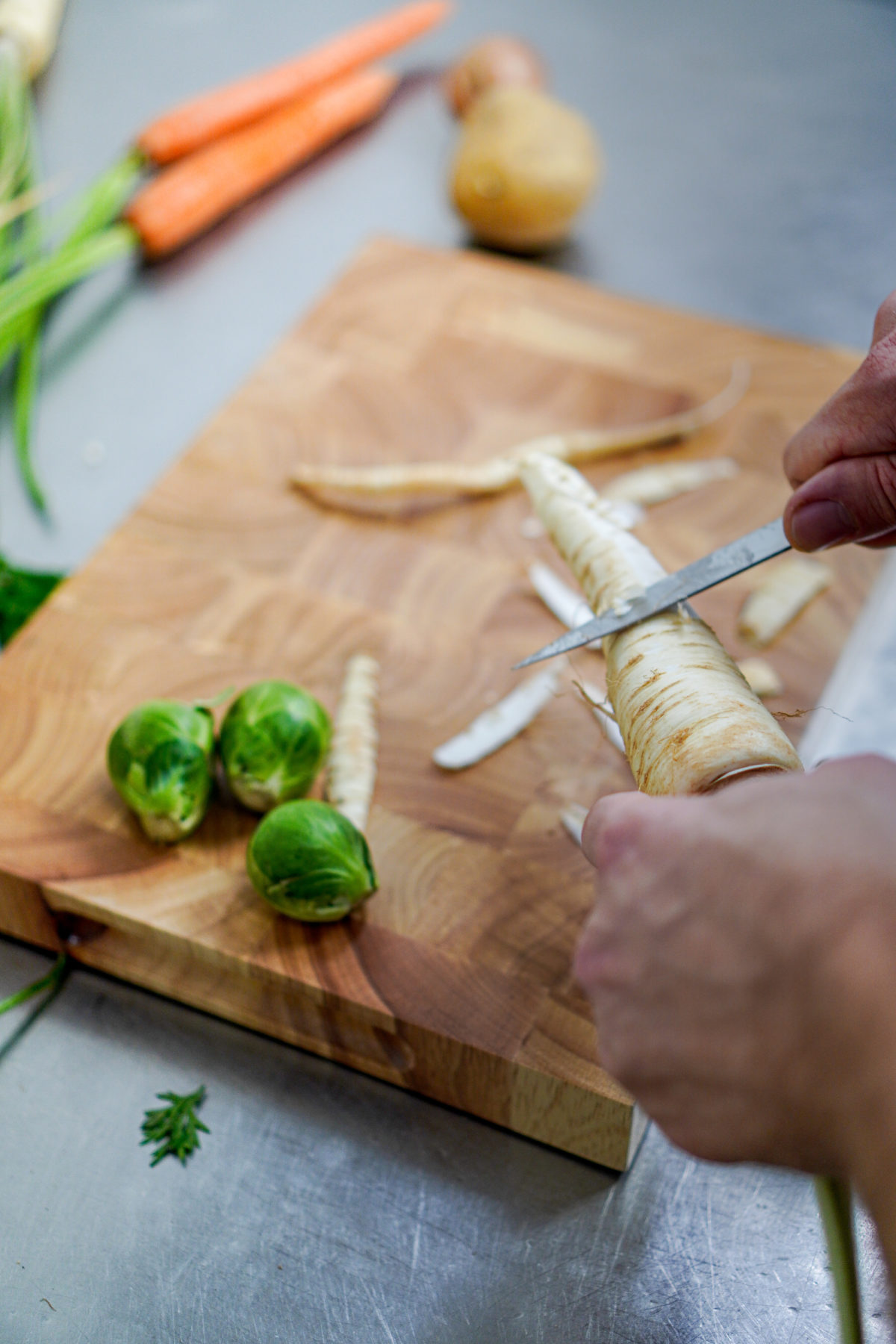
To the Last Piece
Cooking in the spirit of zero waste requires a bit of creativity and improvisation. Learn to use ingredients to the last piece. If you have half an onion or carrot left after cooking, don’t immediately throw them away. Save them in a glass container and use them the next day in a soup, sauce, or salad.
Peels from carrots, celery stalks, or mushroom trimmings can be used to make a great vegetable broth. Onion peels can be used to color broth or rice golden. Even stale bread doesn’t have to go to waste – grated or cut into cubes, it can enrich gratin dishes, add crunch to salads, or spice up a breading mix for meat or vegetables.
Composting Leftovers
Even with the best efforts, some waste occasionally appears in the kitchen. Fruit and vegetable scraps, tea bags, coffee grounds, and eggshells don’t have to be thrown into mixed waste. Get a composter where you can store these leftovers. If you have a garden, you can use the resulting compost as quality fertilizer. In the city, you can join community composting, where someone else takes care of processing the bio-waste.
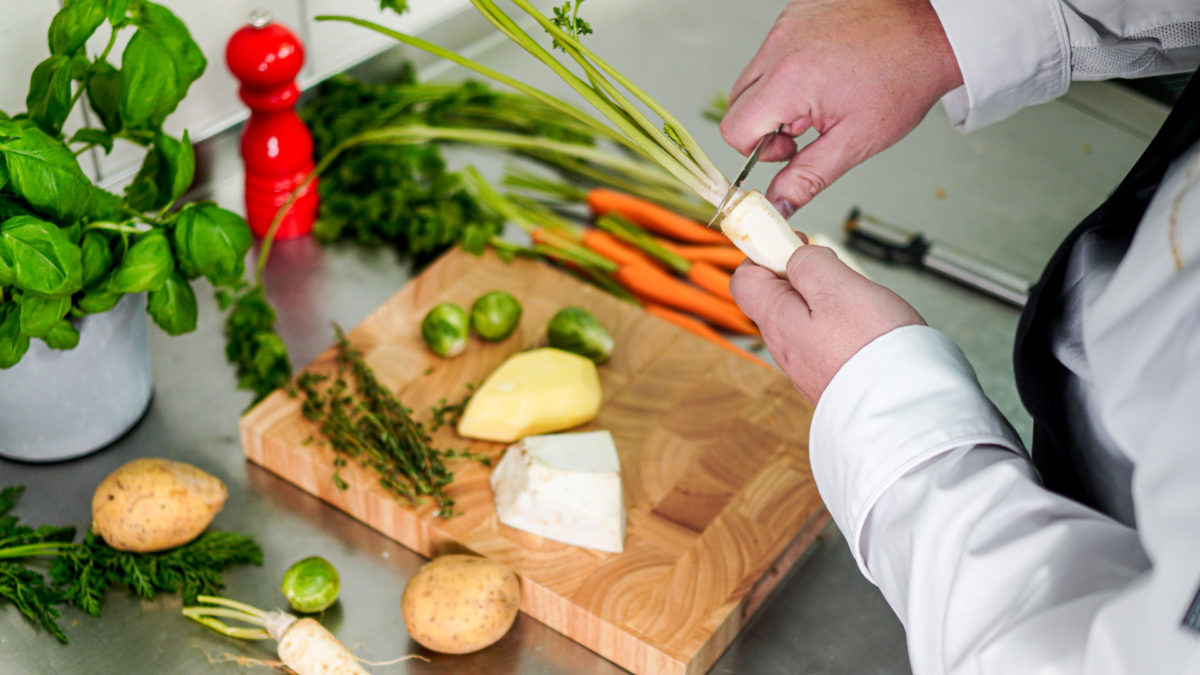
Share, Exchange, Donate
The zero waste approach also means sharing and exchanging. Do you have kitchen equipment at home that you don’t use? Or food surpluses that you know you won’t be able to consume in time? Offer them to friends or neighbors. Likewise, don’t hesitate to ask for help when you need something. Bake a cake for your neighbors in exchange for borrowing a juicer or organize a “potluck” dinner and collectively use the ingredients everyone already has at home.
Save Imperfect Vegetables
A crooked carrot that looks like a witch’s wand or Siamese twin peppers fused together. This is just a small taste of “imperfect” vegetables that are hard to sell in large supermarkets, and therefore they don’t even buy them from farmers. It’s a shame for farmers to have to plow them under or throw them away when they’ve already grown. They taste and are just as nutritious as their visually perfect relatives. Many farmers now offer boxes full of this rescued produce. Look for this option and use it in cooking. Not only will you save money, but you’ll also support efforts to reduce food waste. This is also what we do at Aramark as part of the Journey to the Plate.
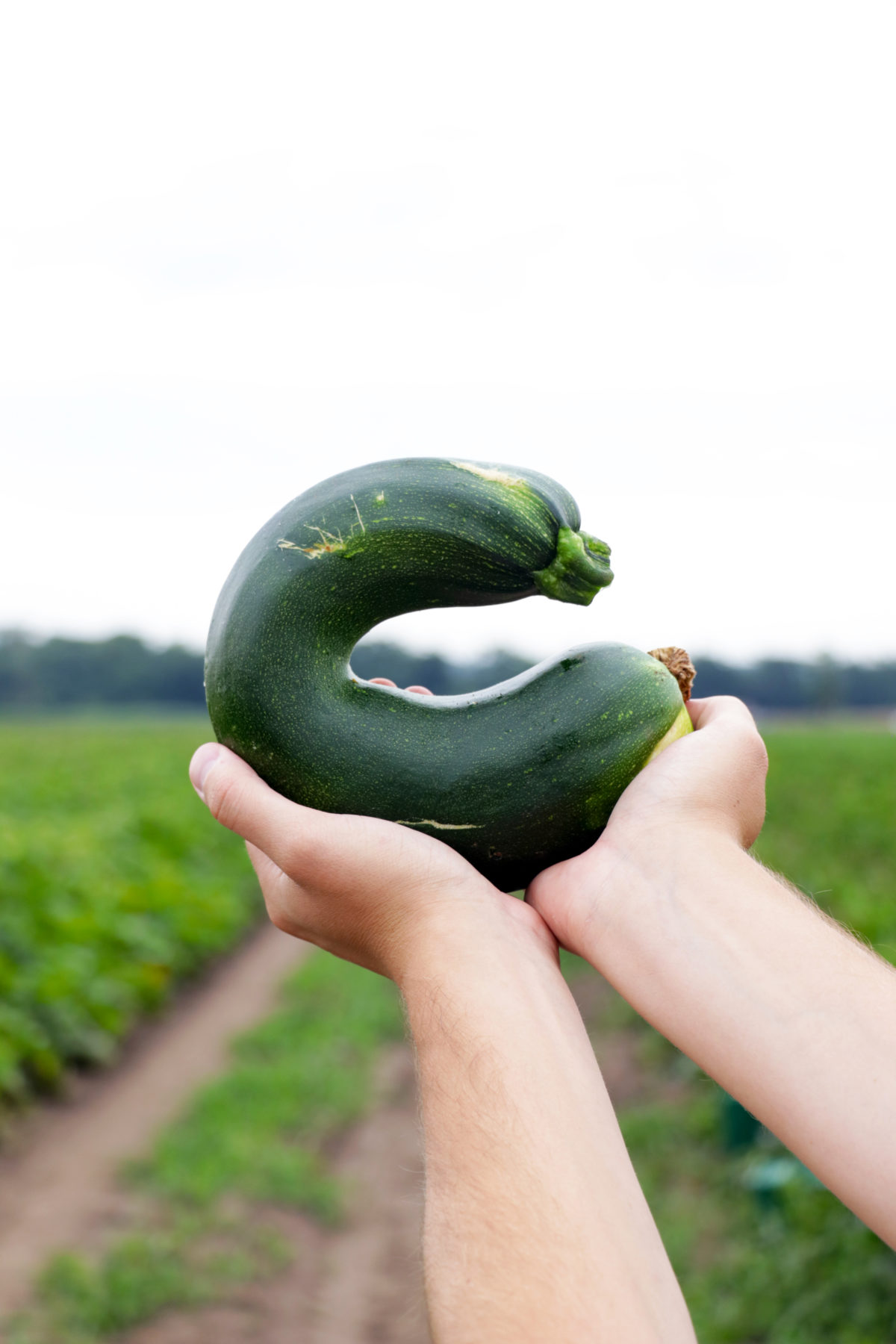
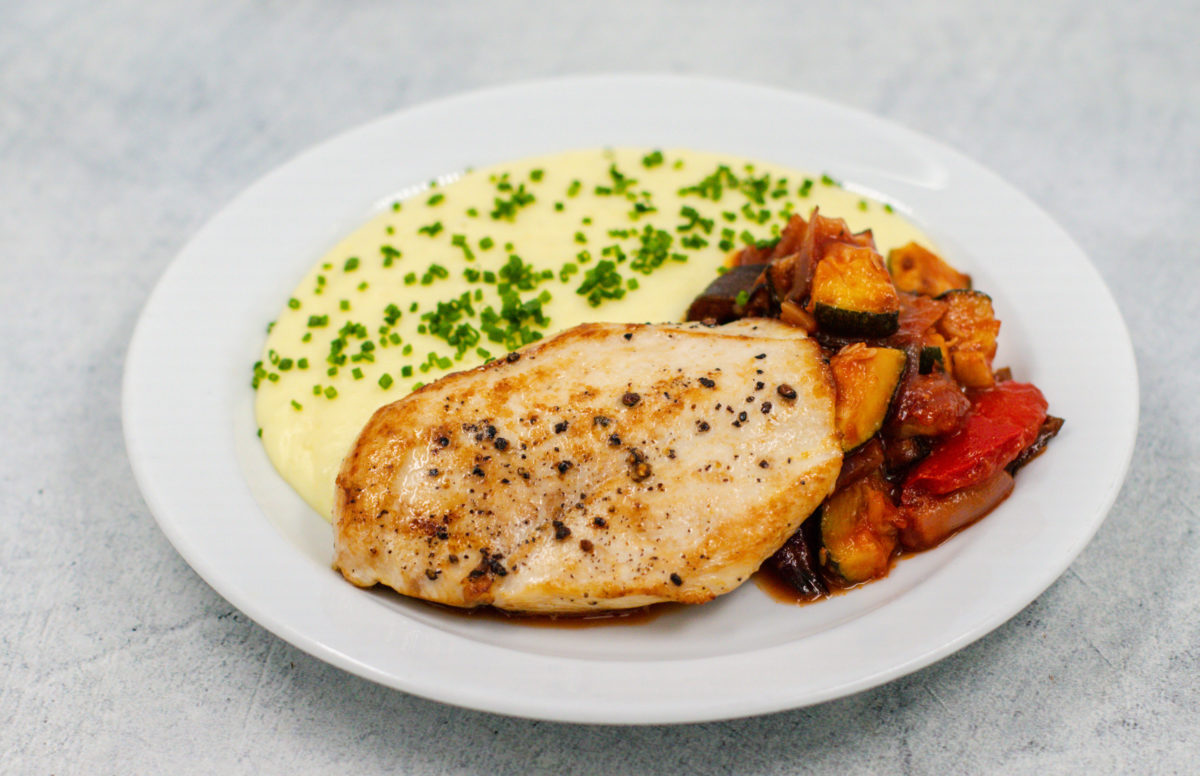
Pickling, Fermenting
Pickled cucumbers, kimchi, cauliflower in spicy brine, or fermented cabbage. These are all examples of how to effectively deal with seasonal vegetable surpluses. Pickling and fermenting extend the shelf life of vegetables by weeks to months and also provide tasty and healthy probiotic treats. Don’t be afraid to experiment with different spices and ingredients. The result will pleasantly surprise you.
Share Your Experiences
Cooking in the spirit of zero waste is not just about reducing waste. It’s an overall approach to life that is based on thoughtfulness, sustainability, and respect for food and the world. Share your experiences, tips, and recipes with friends and inspire them to start cooking without unnecessary waste. Together, we can create a community that will continue to spread the ideas of zero waste and contribute to a better future for our planet.
The transition to waste-free cooking is a journey full of discovery, experimentation, and small changes. It doesn’t require drastic cuts, but rather the gradual building of new habits. Start with small steps that will gradually lead to a significant transformation of your daily life.
